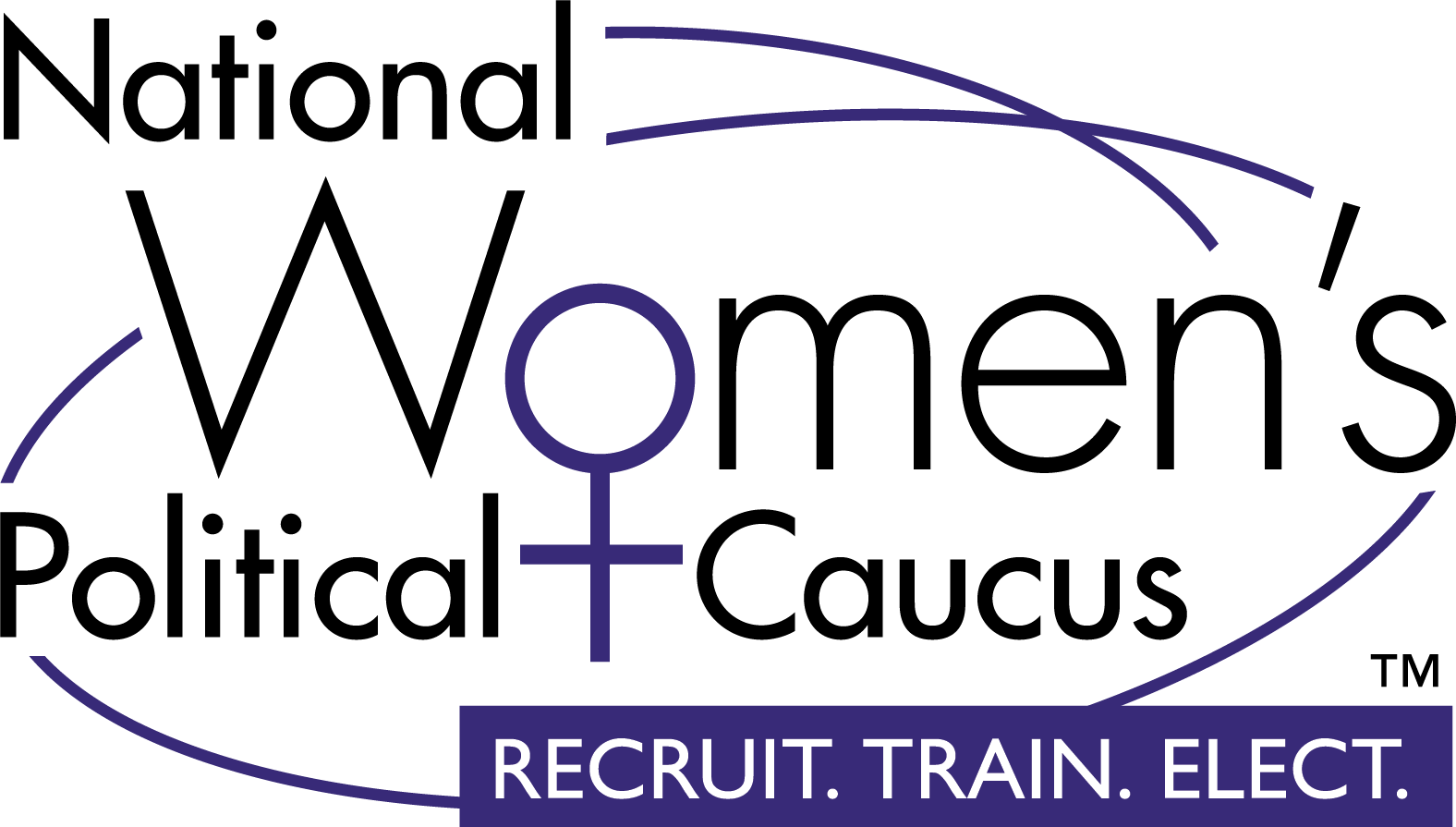By Dr. Carmen Schaye, NWPC Vice President of Diversity
A 2018 study by the Thomson-Reuters Foundation ranked the countries where women are most endangered by violence, coercion, and subjugation. India was ranked as the most dangerous country on Earth for women, followed by countries like Syria, Afghanistan, Somalia, and Saudi Arabia.
Also included on the list: The United States of America. After the surge of #MeToo and #TimesUp allegations, voters feel that the U.S. is hostile territory for women. The U.S. tied for third when respondents were asked where women were most at risk of sexual violence, harassment, and being coerced into sex.
Thomson-Reuters polled 548 aid professionals, academics, healthcare staff, policymakers, and social commentators across Europe, Africa, the Americas, South East Asia, South Asia, and the Pacific. The U.S. was the only Western democracy in the top ten, marking a new low in our global reputation as a protector of human rights; when half of the population is at risk of violence, our status as a world leader on human rights is dubious at best. “People want to think income means you’re protected from misogyny, and sadly that’s not the case,” said Cindy Southworth, executive vice president of the Washington-based National Network to End Domestic Violence.
While abortion rights were not considered as part of the survey, they certainly fit into this larger picture. This past week, Alabama passed a law that forbade abortions past six weeks, even in cases of rape or incest. This draconian law exhibits a flagrant disregard for the wellbeing and life of a woman, as she is forced to carry a pregnancy that is the byproduct of rape to term. Even in countries like Russia and China, where civil rights are impinged upon with regularity, abortion remains available to all women up to twelve weeks. Where other first-world countries make strides towards equality, the United States continues to lurch backwards to further restrict and complicate women’s healthcare and bodily autonomy.
The unfortunate fact is that there is a strain of misogyny built into the culture and legal framework in the United States. Tracing the lineage of that thinking is difficult, but certainly borrows a good deal from religion. Though a secular nation by definition, the U.S. has always employed religious thinking to relegate women to a secondary role in society. For instance, the belief that life begins at conception is a relatively modern belief, having been mobilized after Roe v. Wade became law in 1973. Before that, many Christians believed that abortion was not sinful, and in fact wanted to organize to protect it. In 1971, the Southern Baptist Convention agreed “to work for legislation that will allow the possibility of abortion under such conditions as rape, incest, clear evidence of severe fetal deformity, and…evidence of the likelihood of damage to the emotional, mental, and physical health of the mother” (SBC – St. Louis, Missouri, 1971).
In the wake of Roe, however, the use of abortion as a political issue proved massively effective and became the central, if not sole, issue for many conservative voters. The power of abortion is certainly fueled by some voters’ desire to protect the lives of unborn children, but is also undeniably reflective of a societal desire to control women’s bodies. Outlawing abortion removes a woman’s ability to define her own life. Prioritizing the unborn fetus over the autonomy of the pregnant woman demonstrates a contempt for women’s sexual freedom and civil liberty.
Having said that, it would be hypocritical to highlight abortion without acknowledging that the scourge of #TimesUp and #MeToo allegations are predominantly the doing of well-educated, metropolitan liberals. The rampant abuse by men in positions of power demonstrates that even in environments committed to equality and inclusion, women are subjected to unwanted sexual advances and coercion. These men build trust and goodwill by donating to egalitarian causes and supporting female politicians, only to exploit them to take advantage of women. They are just as demonstrative of the strain of misogyny present in U.S. life as the republican legislators trying to strip away abortion rights.
Uprooting that strain is going to take time and serious self-interrogation, but #MeToo was a powerful step in the right direction. As they say, sunlight is the best disinfectant. By giving women the opportunity to speak without fear of reprisal and to legislate in their best interest, the U.S. can work towards reclaiming its status as a leader in human rights.
Of course, that effort is made more difficult by the sitting President. President Trump and his “America First” mentality blocks exactly the sort of honest self-examination that could reverse the tides of anti-woman legislation. He would do well to consider why many of the countries who he characterizes as “rapists” or from “shithole countries” are not included on the Thomson-Reuters list, while the U.S. is.

